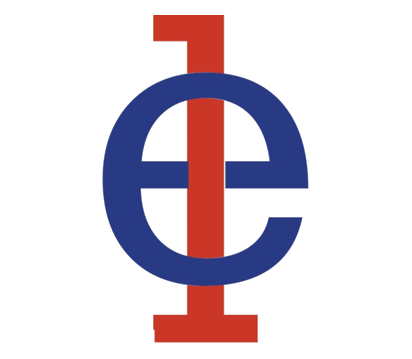The workplace definition today has undergone massive change. Many Organisations enhanced their policies (HR, IT) and now allow hybrid ways of working. Our observations during training programs with leaders and other employees suggest that just augmenting policies is not enough. Something needs to be done beyond the changes in the policies. First of all, employees need to be made aware of the options available to them in the hybrid environment. Managers and Leaders need to be trained on managing teams in hybrid environment. All this requires interventions at an Organisation level. This is where OD (Organisation Development) principles will greatly help the Organisations.
Richard Beckhard defined OD as “an effort that is : (1) planned, (2) organization-wide, and (3) managed from the top, to (4) increase organization effectiveness and health through (5) planned interventions in the organization’s processes, using behavioral-science knowledge”.
Warren Bennis defines OD as : “Organization development is a response to change, a complex educational strategy intended to change beliefs, attitudes, values, and structures of organizations so that they can better adapt to new technologies, markets, and challenges, and the dizzying rate of change itself”. He introduced the concept of Organisational Culture that is still core to OD today.
We are not saying these are the only two definitions. However, if we want to look at the elements of this definition and evaluate ourselves, where would the Organisations be on OD intervention for hybrid ways of working?
Here are a couple of frameworks leaders may want to use to evaluate the OD intervention especially around hybrid ways of working within the Organisation.
Edgar Schein’s iceberg model : Schein’s iceberg model illustrates that some cultural aspects of an organisation are visible while some are hidden and difficult for outsiders or even new members of an organisation to interpret.Edgar Schein proposed a model of an organizational culture where the basic assumptions shape values and the values shape practices and behavior, which is the visible part of the culture. Organizations do not adopt a culture in a single day and in fact learn from past experiences and start practicing it every day thus forming the culture of the workplace.

Egan’s 10 clusters basis multiple definitions of OD :
■ Advance organizational renewal
■ Engage organization culture change
■ Enhance profitability and competitiveness
■ Ensure health and well-being of organizations and employees
■ Facilitate learning and development
■ Improve problem solving
■ Increase effectiveness
■ Initiate and/or manage change
■ Strengthen system and process improvement
■ Support adaptation to change
At Exponentia Learning Solutions Pvt Ltd, we support Organisations in defining and implementing OD initiatives and build capabilities of Leaders, Managers and Individual Contributors that assists them in delivering the present and be prepared for the future.

Your Comment
Leave a Reply Now